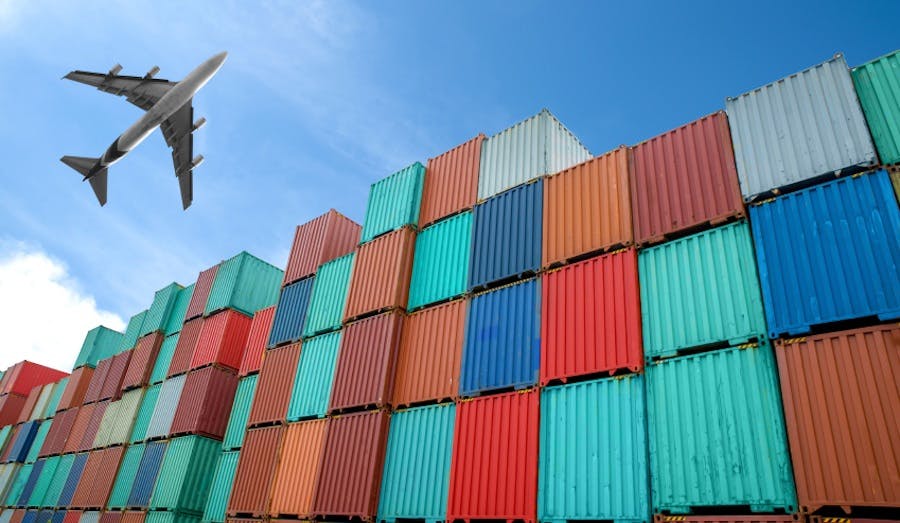The Australian Government says small and medium enterprises (SMEs) are to benefit from the Korea-Australia Free Trade Agreement (KAFTA), which officially entered into force today.
SMEs are being encouraged to explore the opportunities being introduced by the new trade agreement, which will see Australia’s merchandise exports to Korea enter duty free by value.
“The tariff outcomes for small to medium agricultural enterprises for example are substantial; tariff cuts on commodities including beef, dairy, sugar, cherries, oranges, wheat and wine will benefit existing export businesses, and hopefully encourage more producers and manufacturers to seek-out opportunities in international markets,” Minister for Trade and Investment Andrew Robb said.
Mr Robb said the KAFTA will eliminate the tariffs on Australian parts and components, boosting the competiveness of Australia’s high-end manufacturers as a result.
Apart from the cuts announced today, Mr Robb said a second round would be revealed on New Year’s Day.
“These back-to-back tariff cuts provide a significant boost for our exporters at a time when Australian goods and services are in high demand,” Mr Robb said.
Minister for Small Business Bruce Billson said the KAFTA would be “opening doors offshore for our SMEs”.
“A range of products, from wheat to pharmaceuticals and wine to automotive parts, have today received a major competitive boost,” Mr Billson said.
“KAFTA is not just about removing tariffs; Australian services providers will also get new access into Korea in legal, accounting and telecommunications services.”
Mr Billson highlighted the Australia-China FTA and the upcoming Japan-Australia Economic Partnership Agreement as examples of steps the Abbott Government has taken to help SMEs.
“The Abbott Government’s achievements in concluding transformational FTAs with three major North Asian countries were motivated by a desire to create the right environment for business to prosper, which in turn creates jobs and generates growth,” Mr Billson said.
Unions remain unconvinced, with the Australian Council of Trade Unions (ACTU) claiming the trade agreement will see Australian jobs going under.
“Korean companies do not have to advertise jobs locally first before bringing their own labour from Korea,” ACTU President Ged Kearney said.
“But on the flip side, the South Korean Government has protected jobs for its workers by putting restrictions on South Korean companies recruiting Australian workers, which is a terrible deal.”

